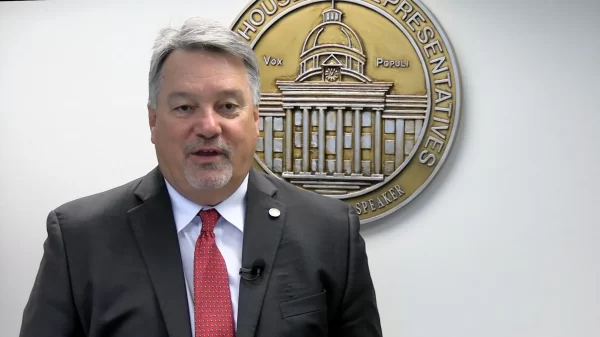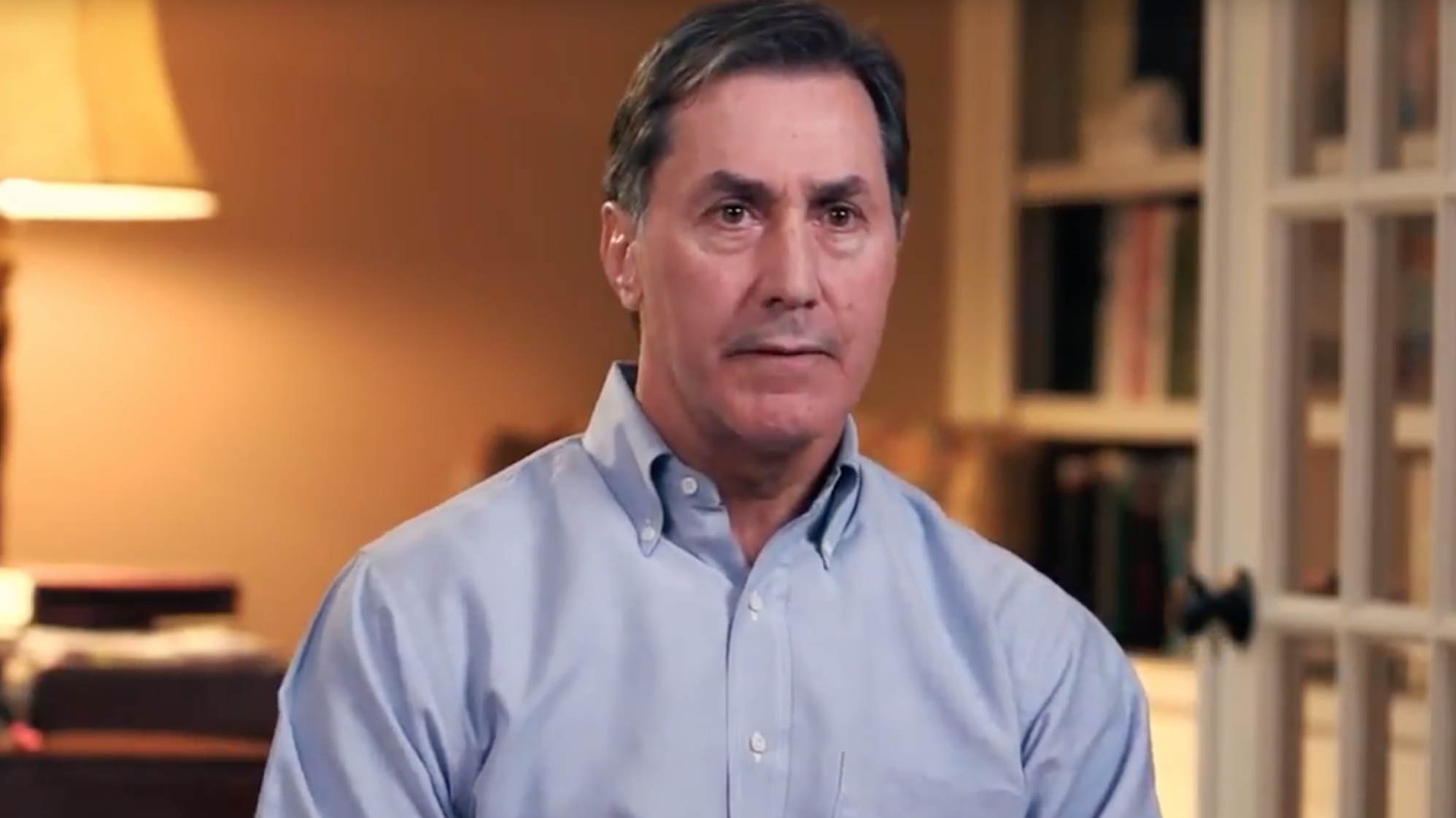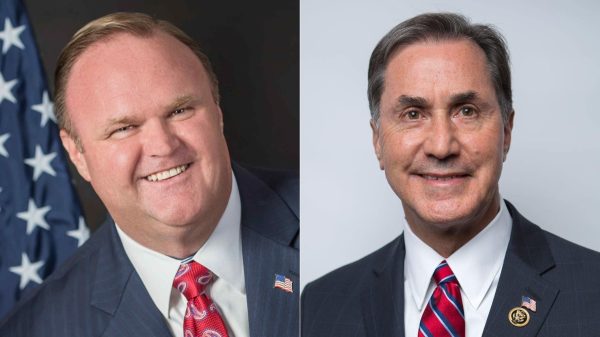The House of Representatives voted Friday on the Democrat plan to change House rules to allow proxy voting and remote committee work to protect members from having to travel to D.C. during the global pandemic. Congressman Gary Palmer, R-Hoover, opposed the rule changes.
“Imposing proxy voting through a partisan rules change is a usurpation of the rights and responsibilities of the members of Congress,” Palmer said. “Voting is the core responsibility that every member of Congress was elected to do. Democrat Representative Jamie Raskin referred to this resolution several times as ‘our rule,’ but there is not one Republican in support of this resolution. Every alternative offered by Republicans was rejected. This is not ‘our rule,’ but the Democrat majority rule. They made it up, they passed it, and the consequences will be entirely theirs. Throughout the floor debate, I heard multiple citations of history. Here is one I would like to cite.
“Caesar Rodney was one of the three delegates from Delaware to the Continental Congress in 1774,” Palmer explained. “Despite suffering from facial cancer and asthma, Rodney rode 80 miles through a severe storm on the night before the Congress voted for the American colonies to separate from Great Britain. He did not ask one of his Delaware colleagues to be his proxy. Despite his condition, he rode all night to cast his vote for independence. It is interesting to note that because his face was so disfigured by his cancer, Rodney also wore a mask that night.”
“I can only hope that one day, the Congress of the United States will once again have a majority of men and women who will show the same fidelity to their office as did Caesar Rodney,” Palmer concluded. “I am sorry to say that day was not today.”
The House on Friday approved the rule changes which the Washington Post called the “most radical change to its rules in generations.”
The new rules allow members to cast committee and floor votes from afar. Essentually they could be at home in their district and still vote on every matter before the body.
The changes include temporarily authorizing remote committee work and proxy voting on the House floor, were adopted along party lines 217 to 189.
Speaker of the House Nancy Pelosi (D-California) said the changes were temporary to deal with the coronavirus threat.
House Majority Leader Steny H. Hoyer (D-Maryland) said the moves were purely temporary and would “not fundamentally alter the nature of the House or how it operates.”
House Rules Committee Chairman Jim McGovern (D-Massachusetts) said, “Any of us could have the virus and not even know it. We could be asymptomatic but carriers nonetheless. Convening Congress must not, must not turn into a super-spreader event. . . . What would be radical is if this House did nothing, if we made members decide between spreading a deadly virus or legislating for the American people. That’s a false choice. We can and we should do both.”
“We are changing the power of Congress itself,” House Minority Leader Kevin McCarthy (R-California) said. “The Founders would be ashamed of today, this is not what they envisioned, this is not what they believed in, and this is not the action the American public believe.”
The proxy voting proposal would allows any member in attendance to cast as many as 10 votes on behalf of colleagues who have authorized those votes by letter to the House clerk. The provisions are temporary under the resolution, applying only to “a public health emergency due to a novel coronavirus,” as declared by the House speaker.
Gary Palmer represents Alabama’s Sixth Congressional District. Palmer is a former President and the co-founder of the Alabama Policy Institute. Palmer has no major party opponent in November.
(Original reporting by the Washington Post contributed to this report.)























































